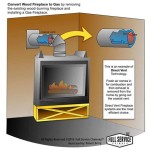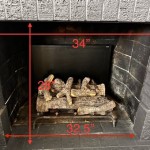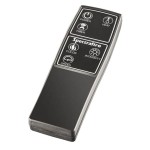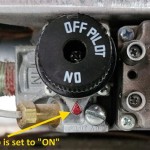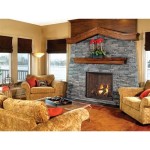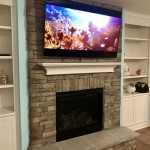The Allure of Outside Stone Fireplaces: A Comprehensive Guide
Outdoor stone fireplaces have become increasingly popular among homeowners seeking to enhance their outdoor living spaces. These elegant structures provide a captivating ambiance, extending the enjoyment of outdoor gatherings well into the cooler months. However, choosing and installing an outdoor stone fireplace requires careful consideration. This comprehensive guide will provide you with essential information to help you make informed decisions and create a stunning centerpiece for your outdoor oasis.
Materials and Aesthetics
The choice of stone for your fireplace plays a pivotal role in its durability, appearance, and maintenance. Natural stones like granite, limestone, and sandstone offer exceptional resilience and a timeless appeal. Artificial stones, such as cast stone or concrete pavers, provide a more budget-friendly option while mimicking the look and feel of natural stone. Consider the overall style of your home and outdoor space when selecting the stone material to ensure harmonious integration.
Functionality and Efficiency
Beyond aesthetics, the functionality of your outdoor fireplace is paramount. Determine the intended purpose of your fireplace, whether it's primarily for ambiance, warmth, or cooking. Choose a design that accommodates your needs by incorporating features such as a firebox, grilling grate, or rotisserie. Consider the size of the fireplace in relation to the space it will occupy, ensuring it provides adequate warmth without overpowering the area.
Fuel Source and Safety
Outdoor fireplaces can be fueled by wood, gas, or propane. Wood-burning fireplaces offer a traditional and cozy ambiance, but they require regular maintenance and cleaning. Gas and propane fireplaces are more convenient and cleaner, but they may not provide the same level of warmth and authenticity. Regardless of the fuel source, it's crucial to adhere to safety regulations and ensure proper installation and maintenance to prevent any potential hazards.
Ventilation and Draft
Adequate ventilation is essential for outdoor fireplaces to function safely and efficiently. The chimney or flue should be strategically placed to dispel smoke and heat effectively. Additionally, proper airflow around the fireplace is crucial to provide oxygen to the fire and prevent smoke from accumulating. Consider the location and surroundings of your fireplace carefully to ensure it has sufficient ventilation.
Design and Placement
The design of your outdoor stone fireplace should complement the architectural style of your home while enhancing the functionality of your outdoor space. Consider the size, shape, and height of the fireplace in relation to the surrounding area. Choose a location that allows for comfortable seating arrangements and creates a cohesive flow within your outdoor living space. Proper placement will ensure the fireplace becomes a natural gathering point for relaxation and entertainment.
In conclusion, an outdoor stone fireplace can transform your outdoor space into a captivating and inviting sanctuary. By carefully considering the materials, functionality, fuel source, ventilation, and design, you can create a stunning centerpiece that extends the enjoyment of your outdoor living area throughout the year. Whether you seek a cozy ambiance, a warmth-providing haven, or a culinary focal point, an outdoor stone fireplace can fulfill your aspirations and elevate your outdoor lifestyle.

How To Build An Outdoor Stacked Stone Fireplace

Outdoor Stone Fireplace Vineyard Granite Veneer Stonewood S

Outdoor Stone Paver Firepits Fireplaces Installer Minneapolis St Paul

Outdoor Stone Fireplaces Earthworks Natural

Outdoor Fireplace Kits Stonewood S Cape Cod Ma Nh Ct

Outdoor Stone Fireplace Landscaping Network

Stonetutorials Living Stone Masonry

Natural Stacked Stone Veneer Fireplace Ideas

Natural Stone Fireplaces Adirondack Granite Mantles Hearths

Diy Outdoor Stone Fireplace Jc Huffman
Related Posts



